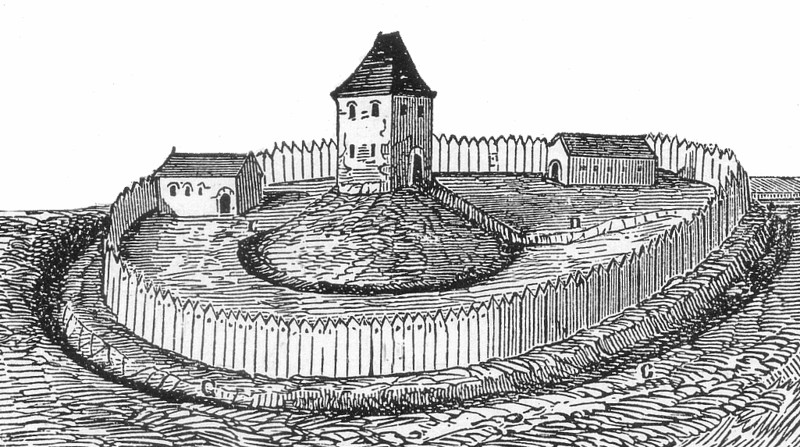From reader Éric Angelini:
Call this S1:
FIRST, SECOND, THIRD, FOURTH, FIFTH, SIXTH, SEVENTH, EIGHTH, NINTH, TENTH, ELEVENTH, …
Consider it both a string of letters and a list of instructions: We are to underline the indicated letters, in order. That’s pretty straightforward — we’ll underline the first letter, then the second, then the third, and so on, ultimately reproducing S1.
Suppose we start the list with SIXTH, rather than FIRST. Now our first instruction is to underline the sixth letter, which is the S in SECOND. After that we underline the second letter in the string, as before, and the third, and so on. Only the very first letter, the F in FIRST, has been overlooked, and we can remedy that by putting FIRST in the sixth position in the list. With that swap all is well:
S6 = SIXTH, SECOND, THIRD, FOURTH, FIFTH, FIRST, SEVENTH, EIGHTH, NINTH, TENTH, ELEVENTH, …
Similarly, if the list starts with EIGHTH we can get everything underlined with just a single swap:
S8 = EIGHTH, SECOND, THIRD, FOURTH, FIFTH, SIXTH, SEVENTH, FIRST, NINTH, TENTH, ELEVENTH, …
Éric asks, “What about starting S9 with NINTH? How many swaps do we need to reproduce S9? This is more tricky!”
See the answer by Hans Havermann at the bottom of this page.
(Thanks, Éric.)






